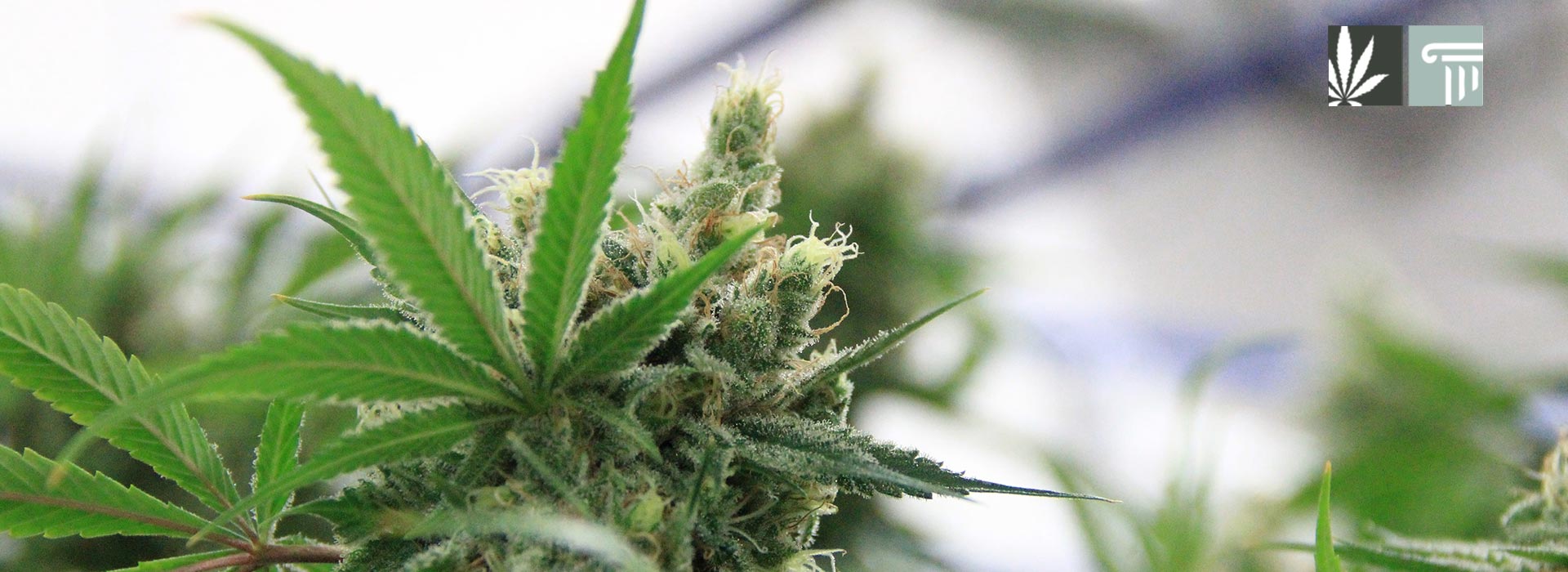Pennsylvania House lawmakers introduced a marijuana legalization bill with robust social equity provisions aimed at supporting those in the state most impacted by cannabis criminalization.
Reps Jake Wheatley (D) and Dan Frankel (D) made the announcement during a press conference where they emphasized the legislation’s social and criminal justice reform credentials.
“We think we have the industry standard,” Wheatley said. “You’ve heard me over and over again, year after year, talk about this important issue. For some, it’s an economic question. For others, it’s a question around access and opportunity. But the baseline of why I’ve been harping on this for as long as I have is the social and criminal justice reform aspects.”
I've introduced a bill to legalize the adult use of cannabis. Not only would it create jobs and generate much-needed revenue, but it would also eliminate the aggressive enforcement of simple marijuana possession laws in marginalized communities. pic.twitter.com/Nfd0qhk0hL
— Jake Wheatley (@RepWheatley) September 28, 2021
The lawmaking duo said the benefits of legal cannabis sales extend to all Pennsylvanians since “there’s real significant opportunities within our Commonwealth to increase our revenue from an industry that we see is growing all across all of our neighbors.”
New York, New Jersey and Connecticut all passed legislation legalizing adult-use cannabis this year, though none has yet launched retail marijuana sales.
Under Wheatley and Frankel’s bill, it would be legal for adults 21 and older to possess and buy up to one ounce of marijuana, and they could apply for a permit to grow up to three mature and three immature cannabis plants at home.
Those with cannabis-related convictions would have their records expunged automatically, while those currently serving time for marijuana offenses that are now legal would be released.
Wheatley and Frankel propose a 13 percent excise tax on cannabis sales, with 70 percent of this apportioned to the state’s general fund. Fifteen percent would be allocated to a community reinvestment fund, and the other fifteen percent would go toward substance misuse treatment programs.
The bill would give priority for cannabis business licenses to veterans and those who’ve been caught up in the criminal justice system owing to low-level marijuana offenses.
Pennsylvania’s Departments of Revenue, Agriculture and Health, as well as the attorney general’s office would share responsibility for establishing and regulating the legal cannabis industry.
“This is a piece of legislation that’s been worked on by many staff at the Democratic caucus, worked with advocates, looked at models from other states and I think it’s really a great piece of legislation that I think will hopefully galvanize a conversation to finally deal with it,” Frankel said during the press conference. “Now we all know the terrible history of the criminalization of cannabis—mass incarceration for people of color, as well as harmful ramifications for people’s ability to get jobs, education or loans.”
HB 2050 will:
✅ de-criminalize recreational cannabis for adult use
✅expunge cannabis-related charges
✅release individuals who are incarcerated for cannabis related charges
Let's get this passed. Reach out to your legislature TODAYhttps://t.co/GOerdQubiU— State Rep. Dan Frankel (@RepDanFrankel) September 29, 2021
Meanwhile, Pennsylvania senators are busy on a separate bill that would also legalize marijuana in the state, but Sens Sharif Street (D) and Dan Laughlin (R) are yet to file their proposal.
Following Wheatley and Frankel’s announcement, state Attorney General Josh Shapiro tweeted his support for legal cannabis and expungements for marijuana convictions.
NY has legalized marijuana. NJ has legalized marijuana. It’s time for PA to join our neighbors, and legalize marijuana.
But let me be clear: We must simultaneously expunge the records of those serving time for non-violent marijuana convictions — and that is non-negotiable.
— Josh Shapiro (@JoshShapiroPA) September 28, 2021
Earlier this year, Gov. Tom Wolf (D) said marijuana legalization was a priority for his administration, especially given the economic toll of the coronavirus pandemic. He considered including the reform in his annual state budget proposal to the legislature but ultimately decided against it.






